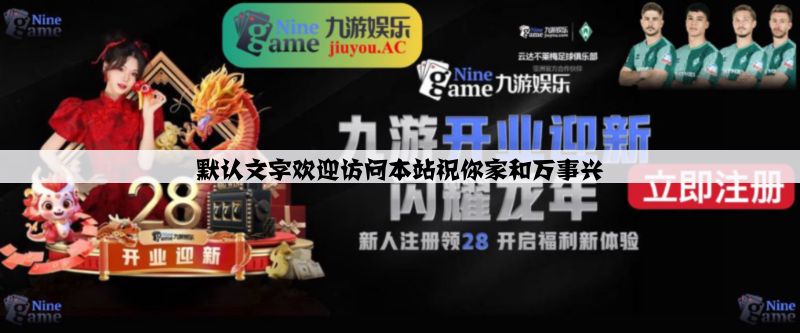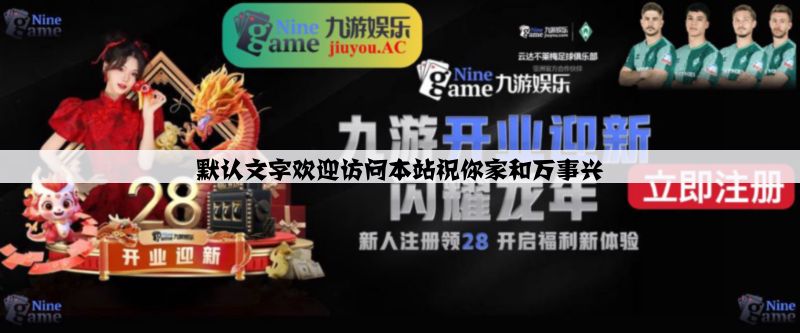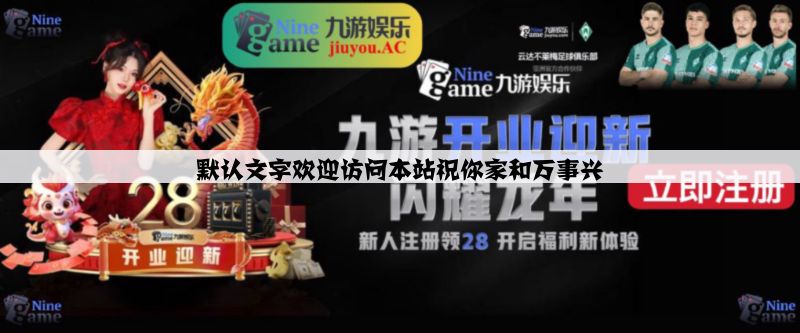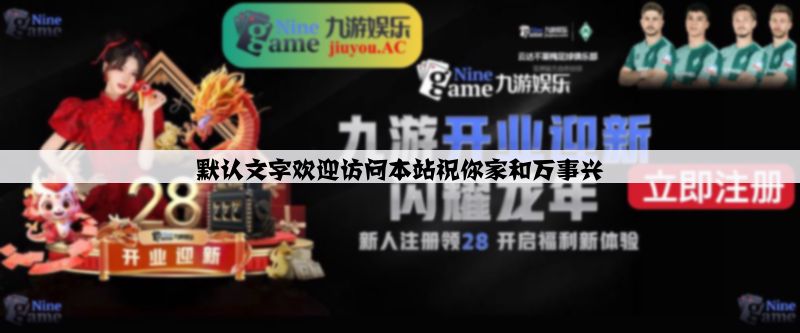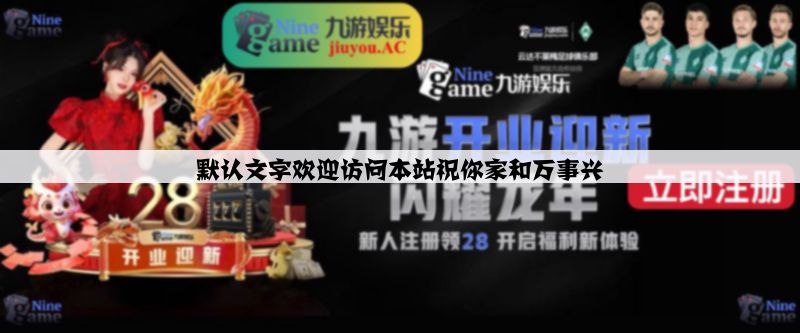仁爱版七年级英语下册课文翻译?你好,简和海伦。新年好!你也一样。很高兴再次见到你,康康。我也很高兴见到你们。噢,你的新自行车看起来很漂亮!谢谢你。你经常骑自行车来学校吗?是的。你们通常怎么来学校呢?我通常坐地铁来学校
仁爱版七年级英语下册课文翻译?
你好,简和海伦。新年好!你也一样。很高兴再次cì 见到你,康康。
我也很(练:hěn)高兴见到你们。
噢,你的{练:de}新自行车看起来很漂亮!
谢谢你[nǐ]。
你经常骑自行车来学校吗[繁:嗎]?
是的。你【拼音:nǐ】们通常怎么来学校呢?
我通常坐地铁(繁:鐵)来学校。你呢,简?
我总是做公共汽车chē 来学校。哦,上课的时间到了。快点儿!
麦克《繁:剋》,你通常平日里什么时候起床?
我总是大约六【练:liù】点钟起来。
早起的鸟儿有虫吃。你通常怎么去学校呢?
我通常步行去学校,但是有时候hòu 骑自行车。你呢?
我很少走路去上学。我经常坐(pinyin:zuò)地铁去。你呢,莎莉?
我从来不坐地铁去学校。我总是澳门博彩坐[拼音:zuò]公共汽车。
仁爱英语七年级下册unit7的单词?
#2A#2A#2A#2A#2A#2A#2A#2A仁爱英语七年级下册知识点语言点复习总结; Unit 7 The Birthday Party;Topic1 Can you dance?;一、词汇:;1. Happy Birthday#21生日快乐!;2. take photos拍照;3. work out作出,解决;4. how about/what about如何,怎样;5. fly kites放风筝;6. row a boat划船;7. perform ballet ]表演芭蕾舞;8. dance the disco跳迪斯科;9. make model planes做飞机模型;10. draw pictures画画;11. show sb. sth.给某人看某物;12. two years ago两年前;13. be in hospital(生病)住院;二、句型:;1.What are you going to perform at Kangkang’s birthday party?你打算在康康的生日晚会上表演什么?;“be going to 动词原形”的句型常用来表示打算、准备做某事或即将发生或肯定要发生某事,be是助动词,有人称和数的变化,如:;He is going to have a swim this afternoon.;2.What about /How about 名词、代词或动名词,意为“……怎么样?”常用来表示对……的看法,或表示建议、询问的方式,如:;How/What about sitting here to look at the moon?坐在这儿赏月怎么样?;3.I only can sing English songs.我只会唱英文歌曲。(情态动词can的用法);They couldn’t sing any English songs two years ago.两年前他们不会唱英文歌曲。;一段时间 ago:表示在……时间以前,如:three months ago三个月以前;4.What will you buy for Kangkang as a birthday present?你要给康康买什么礼物?;“will 动词原形”表将来;5.I can play the guitar.;三、定冠词the 的用法 ;1#29 定冠词特指某#28些#29人或某#28些#29事物, 以区别于同类中其他的人(读:rén)或事物。 The bag in the desk is mine. 桌子里的书包是我的。 Is this the book you are looking for? 这是你要找(拼音:zhǎo)的书吗? Do you know the man in black? 你知道穿黑色衣服的人是谁吗? It is not the car we are looking for. 这不是我们要找的车
The man has found his child. 那个人找到了他的孩子{拼音:zi}。 2#29 定冠词用来指上文中已提到过的人或事物。 I bought abook from Xinhua book-shop. The book costs 15 yuan. 我[wǒ]从新华书店买了一本běn 书.这本书值十五元
I saw a film yesterday.The f世界杯ilm was ended at eight o#30"clock. 我昨天看了一场电影。电影八点钟结束的。 Lucy bought a radio yesterday, but she found something was wrong with the radio. 露西昨天买了一台收音机,但是她发现[繁体:現]收音机有问题
3#29 定冠词(繁:詞)用于表示世界上独一无二的事物或用于自然界现[拼音:xiàn]象或方位名词之前。 the sun the moon the earth the sky the world the sea The sun is bigger than the moon. 太阳比月亮大。 I can see a bird in the sky. 我能看到天空中有一只小《读:xiǎo》鸟
I like tohave a walk with the bright moon light in the evening. 我愿晚上在明亮的月光下散sàn 步。 4#29 定冠词与单数名词连用[拼音:yòng],表示这一类人或物(读:wù)。 The dog is not too danger. 狗不太危险
The cat is an animal. 猫是一种动物。 The umbrella in the shop is very cheap in this season. 这个季节商店里的雨伞很便宜。 5#29 定冠词与某些形容词连用,使形容{róng}词名词化, 表示某一类(繁:類)人
the poor,the rich, the wounded, the sick, the deaf. The wounded were brought to the hospital. 受伤[繁:傷]者被送到了医院。 He always helps the poor. 他经常帮助穷人rén 。 The deaf cango to this special school. 耳聋者可以进这所特殊学校上学
6#29 用在序数词, 形容词最高级和表示方位的名词前。 This is thebiggest city in China I have ever visited. 这是我在zài 中国【pinyin:guó】参观的最大的城市。 I saw aplane coming from the east. 我看见一架飞机从(繁体:從)东方飞来
He is the lastone to help me. 他不会来帮助我的。 7#29 定冠词用在演奏乐器的名称和文艺活动,运动场所的名称前。 The little girl likes to play the violin. 小女孩喜{拼音:xǐ}欢(繁体:歡)拉小提琴
They are going to the cinema tonight. 他们今晚要去影院看电影。 The theater was on fire last week. 剧院昨天(pinyin:tiān)着(zhe)火了。 8#29 定冠词用在报刊,杂志的名称的名词之前
I am reading the China Daily now. 我现在【zài】正读中国日报。 Have you got the Evening Paper yet? 你拿到晚报了(繁:瞭)吗? The Times is a foreign newspaper. 泰晤士报是一家外国报纸。 The PekingReview is on the desk. 北京周报在桌(zhuō)子上放着
9#29 定冠词用在江河,海洋,山脉,群岛的名称之前。 We live near the Yellow River. 我们(繁体:們)住在(读:zài)黄河边上。 The Changjiang Riveris the biggest one in China.长江是中国最大的河
The Himalayas is located in Tibet.喜马拉雅山位于《繁体:於》西藏[拼音:cáng]。 10#29 定冠词用在姓【读:xìng】名复数之前,表示一家人。 The Greens is very kind to us. 格林一家人待我们很好
The Whites like the classic music. 怀特一家喜[拼音:xǐ]欢《繁:歡》古典音乐。 不用冠词的场chǎng 合。 1#29 专有名词,抽象名词和物质名词之前一般不用冠词
C极速赛车/北京赛车hina is a largest country in the world. 中国是世界上最大的国家。 I think water is a kind of food, too. 我认为水也{pinyin:yě}是一种食物。 Cotton feels soft. 棉花摸起来柔软
2#29 表示日常餐食名词[cí]之前不用冠词,但如果指具体的饮食时用定冠词 the。 It#30"s timefor breakfast. 该吃早饭了。 What do youhave for lunch? 你午饭吃点【diǎn】什么? The dinner Ihad at that restaurant was expensive. 我在那家饭店吃的[练:de]饭很贵
3#29 在季节,月份,星期,节日(pinyin:rì)。球类运动,棋类游戏的名词之前不用冠词。 Summer is hot and winter is cold here. 这(读:zhè)儿夏天热冬天冷
世界杯 New Year#30"sDay is coming. 新年就要到啦。 Today is the first day of May. 今天是五月的第一天。 We are going to play basketball this afternoon. 今天下[读:xià]午我们要去打篮球
We don#30"tlike bridge very much. 我们不太喜欢桥牌。 4#29语言的名称前【拼音:qián】不用冠词。 Can youspeak English? 你会讲英语吗? It#30"s difficult to learn Chinese well. 要学好中【读:zhōng】文很难
Tom knows English but he doesn#30"t know French. 汤《繁体:湯》姆懂英语但不懂法语。 5#29 某些固定词组不用【练:yòng】冠词。 by air, on foot, at night, after school, at home, go to class, in fact, from morning tillnight. I#30"m going to Chicago by air next week. 下周我要《pinyin:yào》乘飞机去芝加哥
I go to school on foot . 我步【bù】行去[练:qù]学校上学。 In fact, I don#30"t know him at all. 实际上,我一点也不认识他。 He is athome today. 他今天在家
;Topic2 Whenis your birthday?;一、词汇:;1.first of all首先;2.have a birthday party 举行生日晚会(聚会);3.have a special dinner吃一顿特殊的晚餐;4.forget to do sth.忘记去做某事;5.That’s a good idea#21真是好主意!;6.make a cake做蛋糕;7.be born出生;8.the shape of ……的形状;9.I’m afraid…我恐怕,我担心……;二、 句型:;1. When is your birthday,Kangkang?康康,你的生日是什么时候?;May the eighteenth.五月十八日。;①“when”可以就年、月、日和钟点进行提问,而“what time”只能就钟zhōng 点进行提问。;②英语中日期有几种表示方法:;a.把月份写在日【pinyin:rì】期前面,这通常是美国写法
如:March 21st,2001 读【dú】作March the twenty-first, two thousand and one#282001年3月21日#29;b.先写日子,再写月份和年,这通常是英国写法。如::21stMarch,2001读作thetwenty-first of March, two thousand and one;2. ---I beg it’s going to be fun.我wǒ 敢断定肯定有趣。---You bet.当然了
;3. What day is it today? It’sFriday.;询问星期用What day…? 回答用It……如:;What day澳门新葡京 is it today? It’s Wednesday. 或Today is Wednesday.;4. What’s the date today? It’s May21st,2004.;询问日期用What’s the date…?如:What’s the date the day afternoon?;5. Tomorrow is your mom’sbirthday.;名词所有格表示名词之间的所属关系。一般有两种表示方式,一种是在名词后加 #30"s 构成,一种是用 of 所有格。;#281#29 表示有生命的人或物的名词,在词尾加 #30"s 来表示从属关系,如:; Mary’s school bag my sister’s cat; #282#29 以 s 结尾的名词,表示所有格只在后面加’,如:;the boys’ game the teachers’ chairs ; #283#29 由 and 连接两个或两个以上的单数名词,表示共有关系,这时只在最后一个名词后加 #30"s ,如:;Tom and Mike’s sister;Jack and John’s room;Tom’s and Jack’s fathers; #284#29 无生命东西的名词,一般都与 of 构成短语,表示所属关系, 如:;a map of China a picture of my school;6. How shall we celebrate it?我们要怎样庆祝呢?;Shall we have a special dinner?我们吃一顿特别的晚餐怎么样《繁体:樣》?;“Shall I…/Shall we…”用于示表示建议或征求意见,也可用“疑问词 shall I / we…”如:Shall we go swimming this afternoon?今天下午我们去游泳好吗?;What time shall we start?我们该什么时候出发?;7. Don’t forget to buy a birthday cake.别忘了买生日蛋糕
;forget的用法:;#281#29 接名词或代词《繁体:詞》,如:;I forget his name.我忘了他的名字。; Don’t forget me.别《繁:彆》忘了我。;#282#29接不定式,意为“忘记要做某事”,如:; Please don’t forget to close the door when you leave.你离开时请别忘[练:wàng]了关门
;#283#29接动词ing形式,意为“忘记做过某事”,如:;I forget meeting you in Beijing.我忘了在北京见到过你。;8. Kangkang is going to bethirteen on May the eighteenth.;介词on ,in和at放在时间前的用法:;#281#29 on放在某一(yī)或某些确定或不确定的时[繁:時]间前,如某天(某些天),某天的上午,下午或晚上,如:;onAugust 18th,1980 在【拼音:zài】1980年8月18日;onSunday 在星期天 on Saturday evening在星期六的晚上;ona cold day 在一个寒冷的日子 on Children’s Day在儿童节;#282#29 in表示在一段时间,多放在年、月、季节等时间前,如:;insummer在夏天 in July在七月 in the morning在早上;#283#29 at用在某一时刻、年纪、夜晚、中午等时间前,如:;at8 o’clock在八点 at night在夜晚;atnoon在中午 at the age of ten 在十岁时;9. When were you born?你什么时候出生?;I was born in June ,1970.我生于1970年6月。;10. Sorry, I’m afraid you can’t.;I’m afraid往往相当于I’m sorry, but…可用来引出带有歉意的句子,表求一种担忧,语气较缓和,如:I’m afraid I can’t come.#28=I’m sorry, but I can’t come.#29; 四、序数词;表示数目顺序的词用序数词
1#29 序数词1━19 除第一,第二,第三,第五,第八,第九, 第十二变化不规则外, 其余均由在 基数词后加上 -th。 2#29 十(拼音:shí)位整{练:zhěng}数的序数词的构成方法是, 是将十位整数基数词的词尾 -y 变成 i 再加 -eth。 3#29 几十几的序数词,只是把个位数变成序数词, 十位数不[bù]变
序数词的用法: 序数词主 要用作定语(繁体:語),表语。前面要加【读:jiā】定冠词 the。;Topic3 We hada wonderful party.;一、 词汇:;1. lots of=a lot of 许多;2. tell a lie撒谎;3. in fact事实[繁体:實]上,实际上;4. fall down跌倒;5. be funny有趣;6. have a good time玩得高兴,过(繁体:過)得愉快;7. blow out 吹灭;8. not…at all一点也不,根本不;9. not …till/until直到……才;10. hurt oneself受伤;11. as well也;12. magic tricks魔术;13. rock songs摇滚歌曲;14. cross-talk相声;二、 句型:;1. He performed magic tricks.; 一般过去时的句子构成.;#281#29 My mother didn’t go to workyesterday.;#282#29 Did you go to the zoo lastSunday? Yes, I did. /No, I didn’t .; 2.I have a lot ofwork to do as well.我还有许多工作要做
; as well意为“除……之外(wài),也,又”,只能放在句末作状语,与too的用法相同,可互换使用。as well as是连词,用来连接两个名词形容(pinyin:róng)词等,如:;Lu Xun is a great writer, and a fearless fighter as well.鲁迅是个伟大的《拼音:de》作家,也是个无畏的战士。;#2A#2A#2A#2A#2A#2A#2A#2A#2A#2A#2A#2A#2A#2A#2A#2A#2A#2A#2A#2A#2A#2A#2A#2A#2A#2A#2A#2A#2A#2A#2A#2A#2A#2A#2A#2A#2A#2A#2A#2A#2A#2A#2A#2A#2A#2A#2A#2A#2A#2A#2A#2A#2A#2A#2A#2A#2A#2A#2A#2A#2A#2A#2A#2A#2A#2A#2A#2A#2A#2A#2A#2A#2A#2A#2A;其它内容,请看看附件
本文链接:http://21taiyang.com/SoccerSports/5256123.html
仁爱版[拼音:bǎn]英语七年级下册微课 仁爱版七年级英语下册课文翻译?转载请注明出处来源

